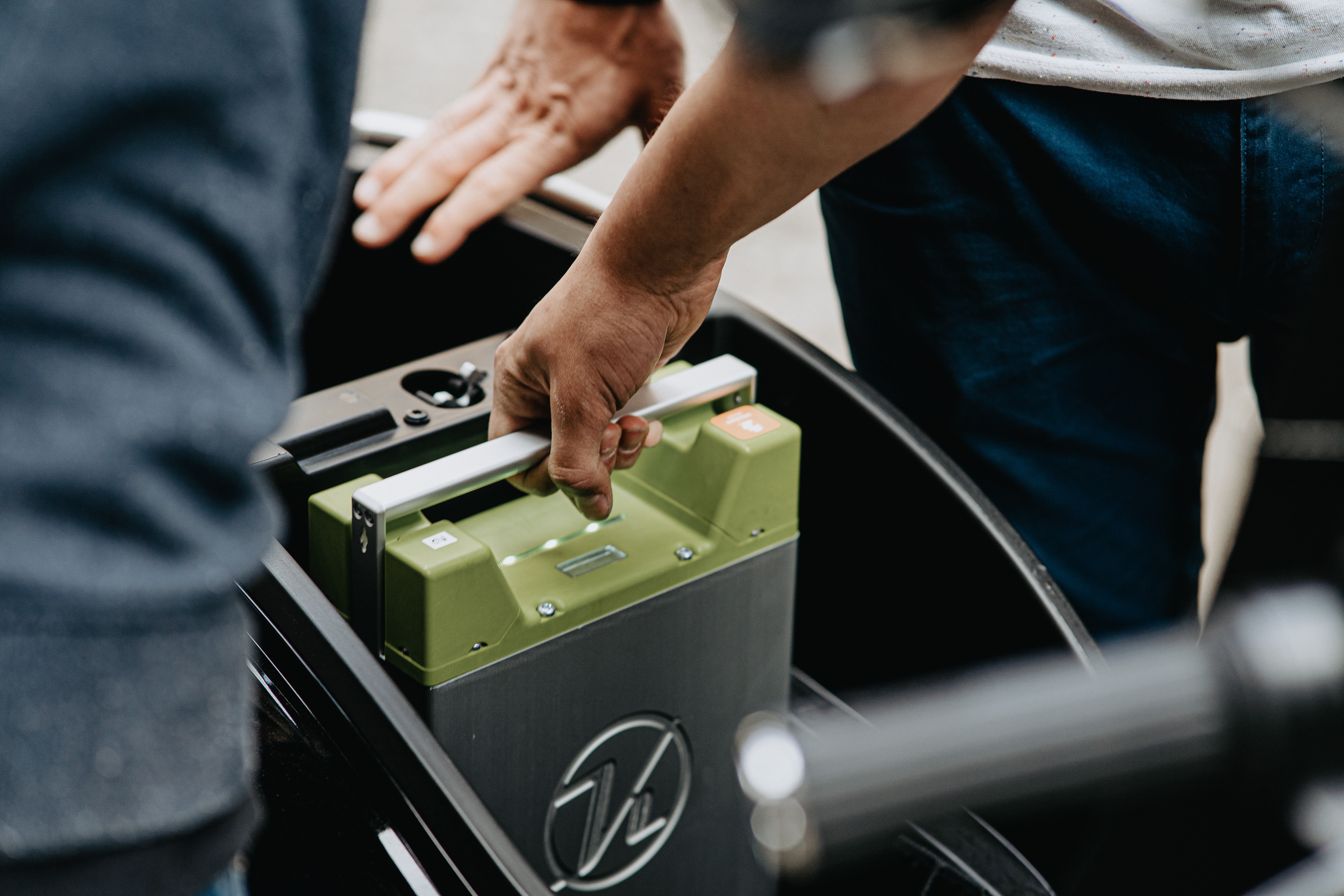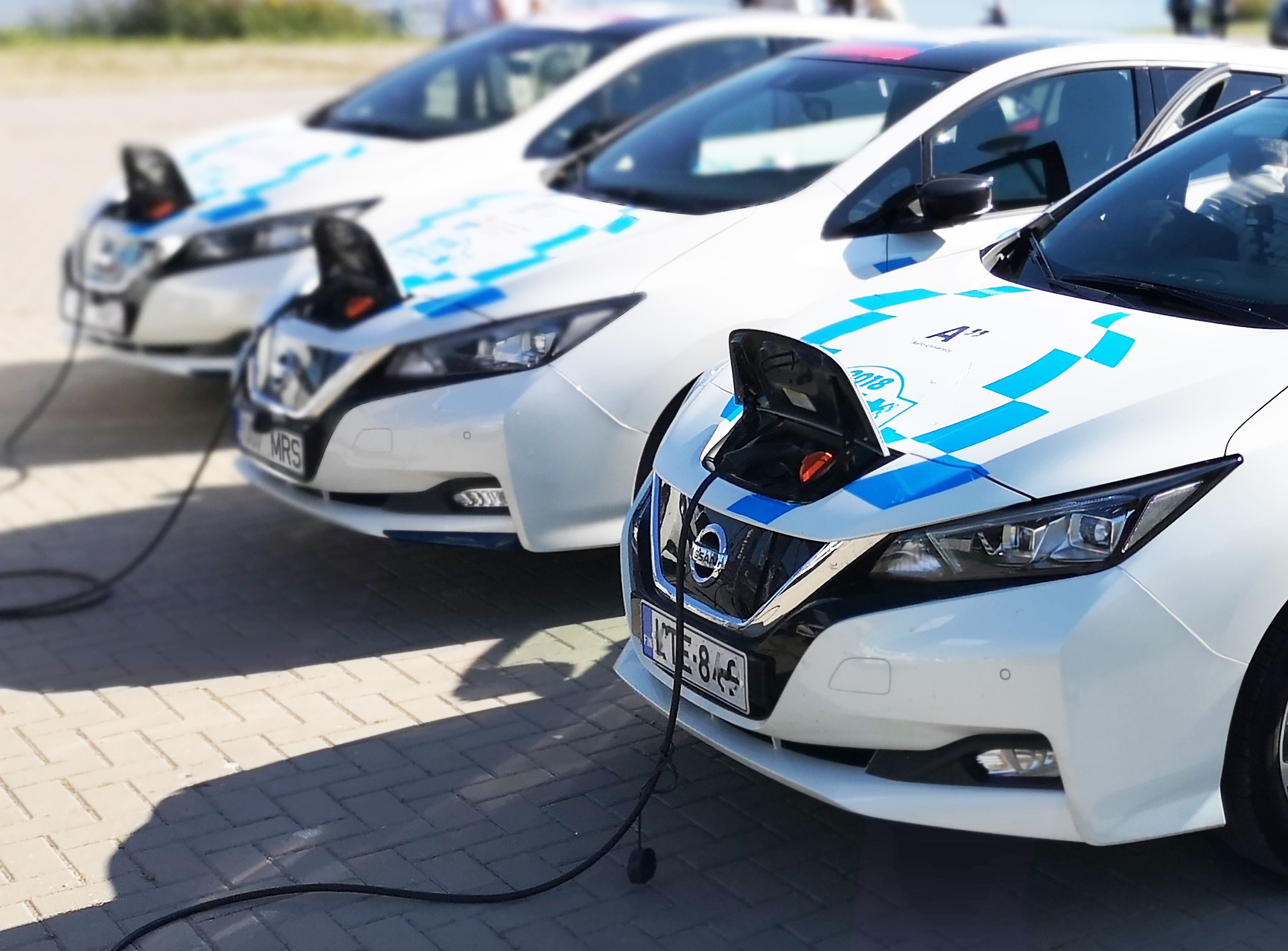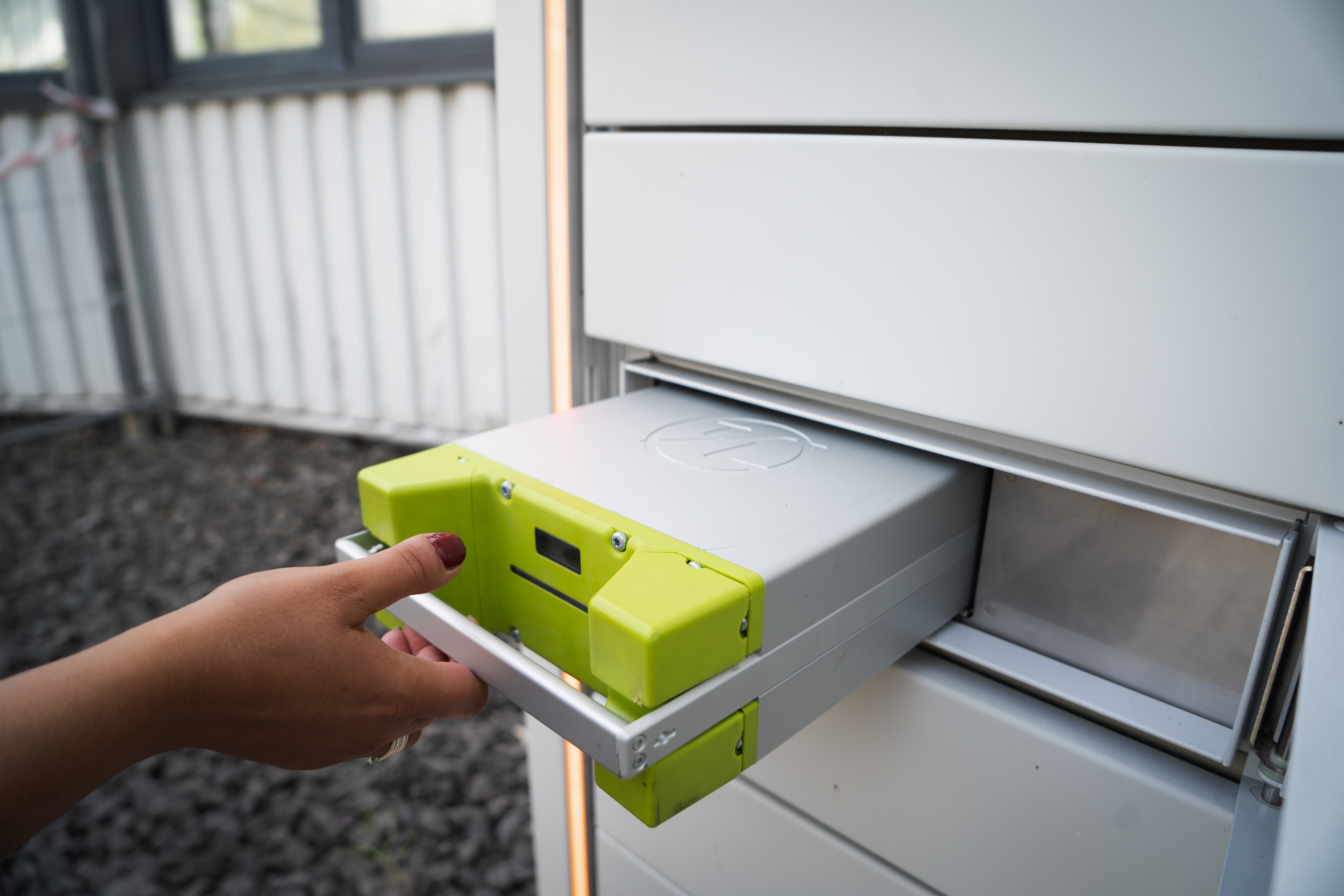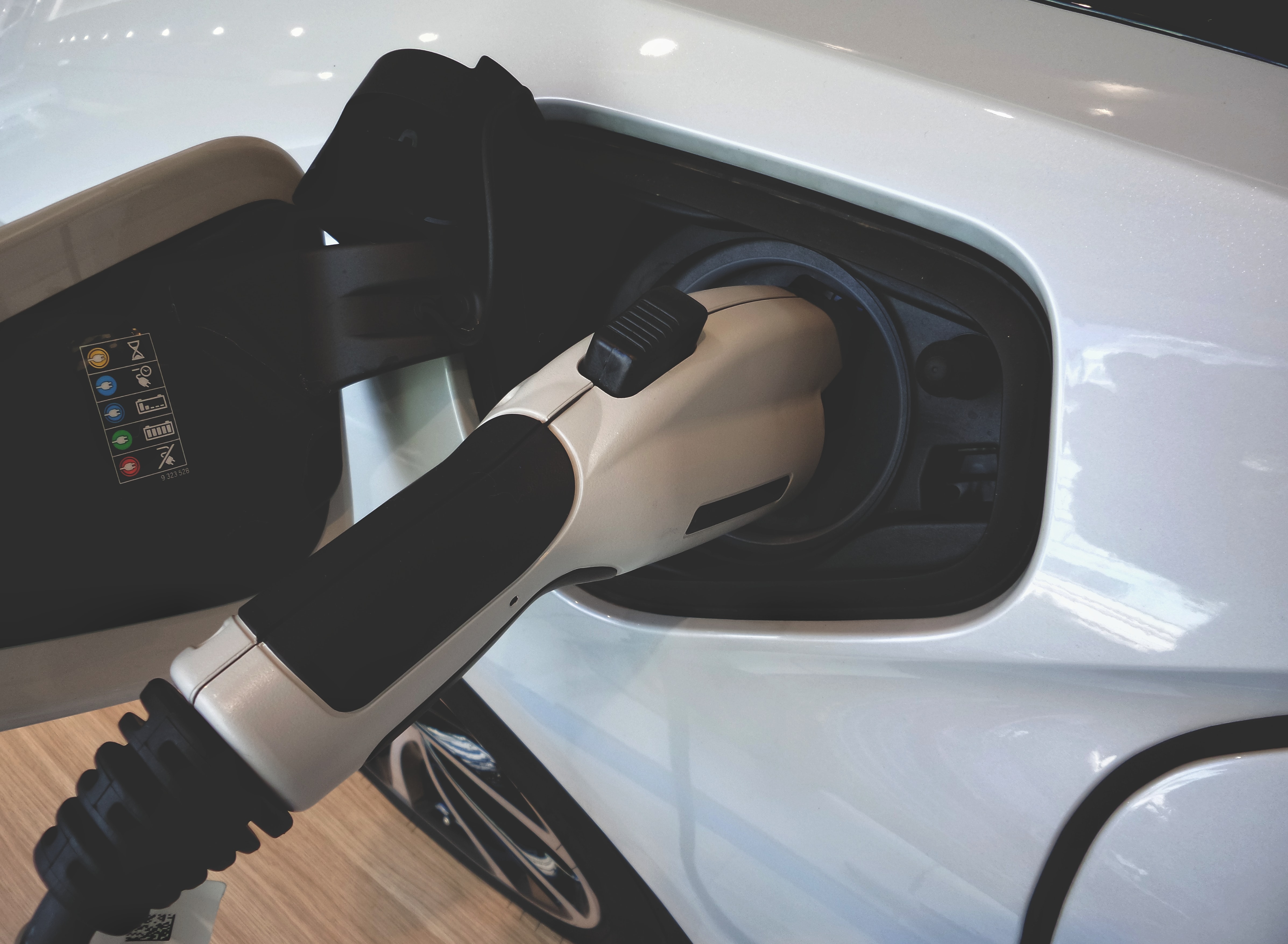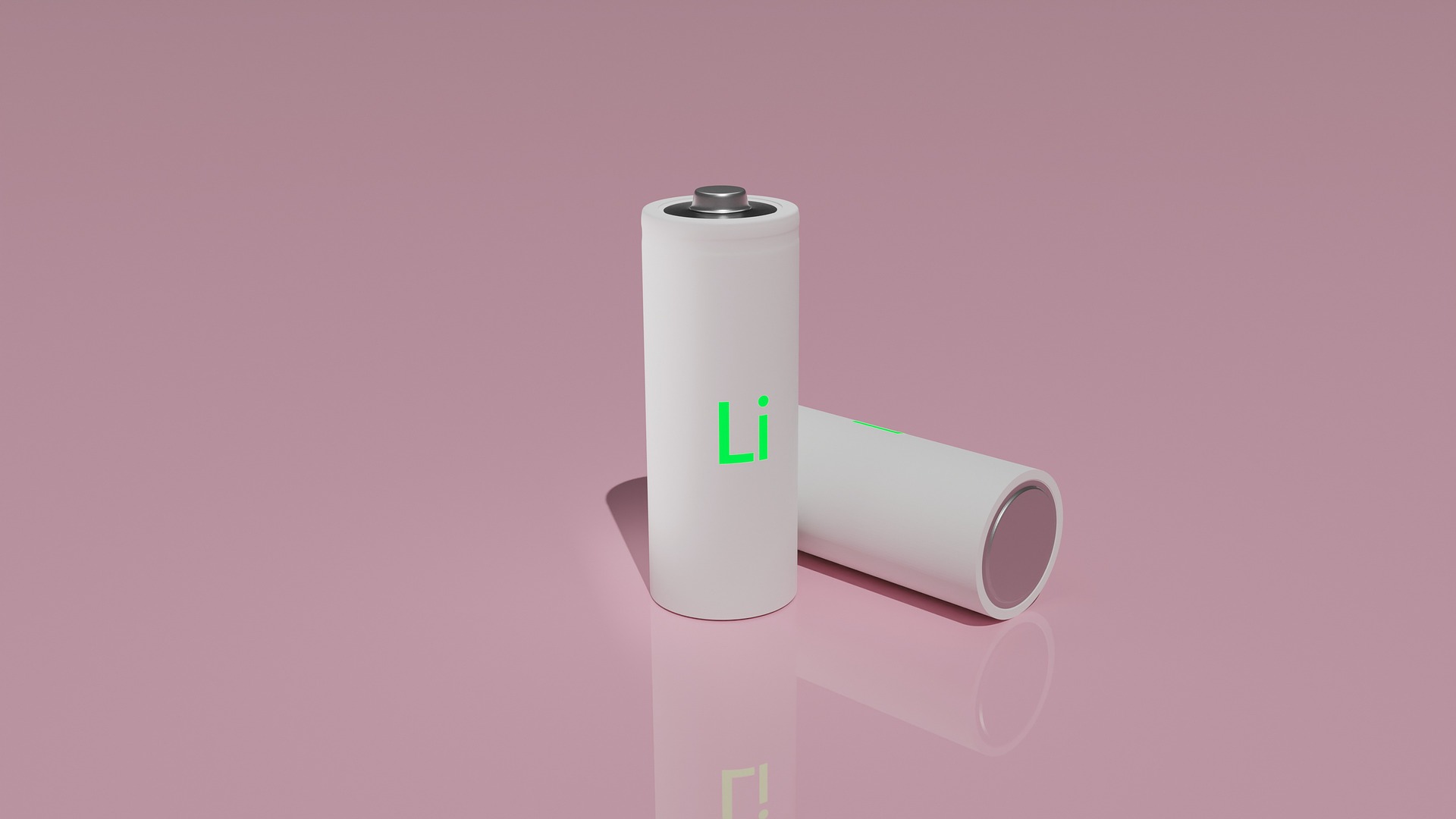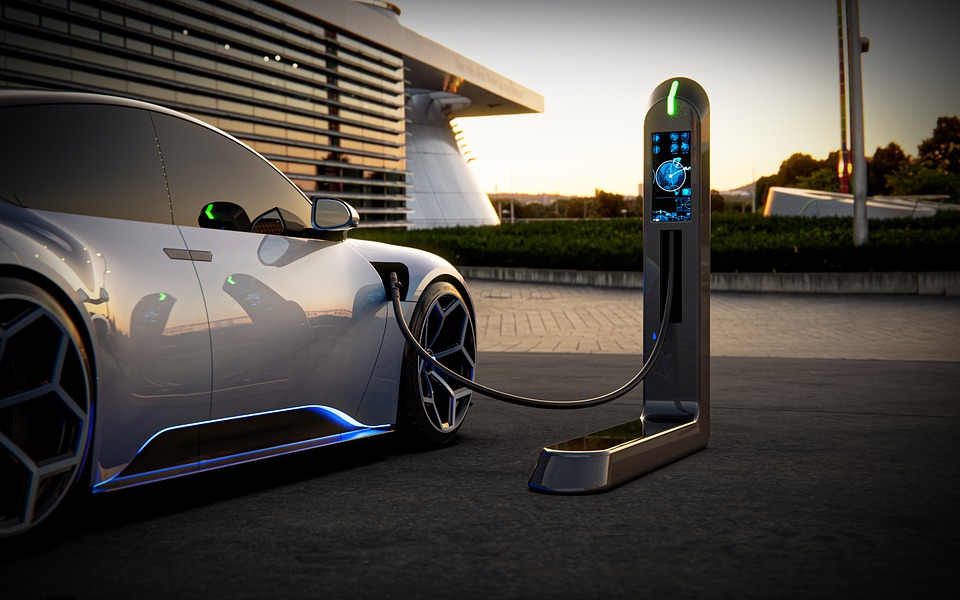
Electric vehicles today use large-format lithium-ion batteries as their primary energy storage solution. Since an EV will spend many years on the open road, it’s critical to test EV battery cells in a wide variety of environmental conditions. Some vehicles will reside in extremely hot, arid climates, while others will need to cope with heavy precipitation, snow, ice, or rapid fluctuations in temperature. These conditions can impact charge rates, battery degradation, and more.
Any signs of accelerated degradation in EV battery testing would represent a risk to the vehicle’s estimated lifespan — a primary concern of automakers, perhaps ranked only after safety and charge duration in importance.
Here are a few environmental tests you’ll want to undergo when evaluating the traits of EV battery cells:
- Discharge Capacity Verification: High and low temperatures can impact the capacity and discharge traits of a battery cell. You’ll want a detailed understanding of how performance changes as temperatures rise from hot climates or even just sitting parked in the sun for hours. Discharge can also increase the internal temperature of the battery. A discharge capacity verification test will confirm these traits at low, room, and high temperatures.
- Charge Retention: Spending a winter in an icy climate or a summer in a tropical one exposes the battery to an extreme temperature for a long period of time. Much like long-term storage at a given temperature, this can impact the charge retention (residual capacity) traits of battery cells. Rapid discharge can also affect charge retention, although this effect is less pronounced with li-ion chemistries. Cycle testing and environmental testing procedures can determine the rate at which these conditions affect or degrade the cell’s ability to retain a charge.
- Environmental Benchmark Testing: Battery products are competing against other similar chemistries and designs. An environmental benchmark will reveal how one battery cell stacks up against a competitor (or several). You might benchmark and compare performance at different storage temperatures, low or high pressure/altitude conditions, temperatures, humidity levels, levels of vibration, and more.
- Reference Performance Tests: An RPT is intended to reveal the performance of the battery cell over time while measuring a carefully selected combination of variables. You might test lithium-ion EV battery cells at different levels of humidity, temperature, air pressure, and vibration at regular intervals — say, after the vehicle has traveled 100, 500, or 1,000 miles — to evaluate changes in storage capacity in these environments over time.
- Thickness and Swelling Tests: It’s important to think beyond the electrical traits of the battery, since environmental conditions can also impact the physical traits of a battery cell. Test for changes in thickness or battery cell swelling under various exposure and use cases.
- HPPC (Hybrid Pulse Power Characterization): An HPPC test helps to establish the battery cell’s power capability over its usable voltage range. The test delivers short discharge and regeneration pulses at different states of charge (SOC), under different environmental stressors, to imitate the discharge and charge that happens when a hybrid EV accelerates or uses regenerative braking.
- Cold Crank Tests: Cold Cranking Amps, or CCA, is a rating that describes a battery's ability to start an engine (such as in a hybrid vehicle) in a cold environment. It’s generally easier to start an engine at a warmer temperature, and more difficult at a colder temperature. A higher CCA rating indicates a greater power to start the engine. The battery’s CCA also deteriorates as it ages, so a high rating offers better confidence in long term use.
Energy Assurance is proud to offer full-service, comprehensive testing solutions to support your electric and hybrid vehicles getting to market faster. Our expert team has over 100 combined years of industry-relevant battery test experience.
Leverage our testing lab for EV battery cells in Hopkinton, MA to test the entire range of lithium-ion cells for use in automotive applications. Contact us today to share the details of your next project and find the right testing solutions for your needs.


